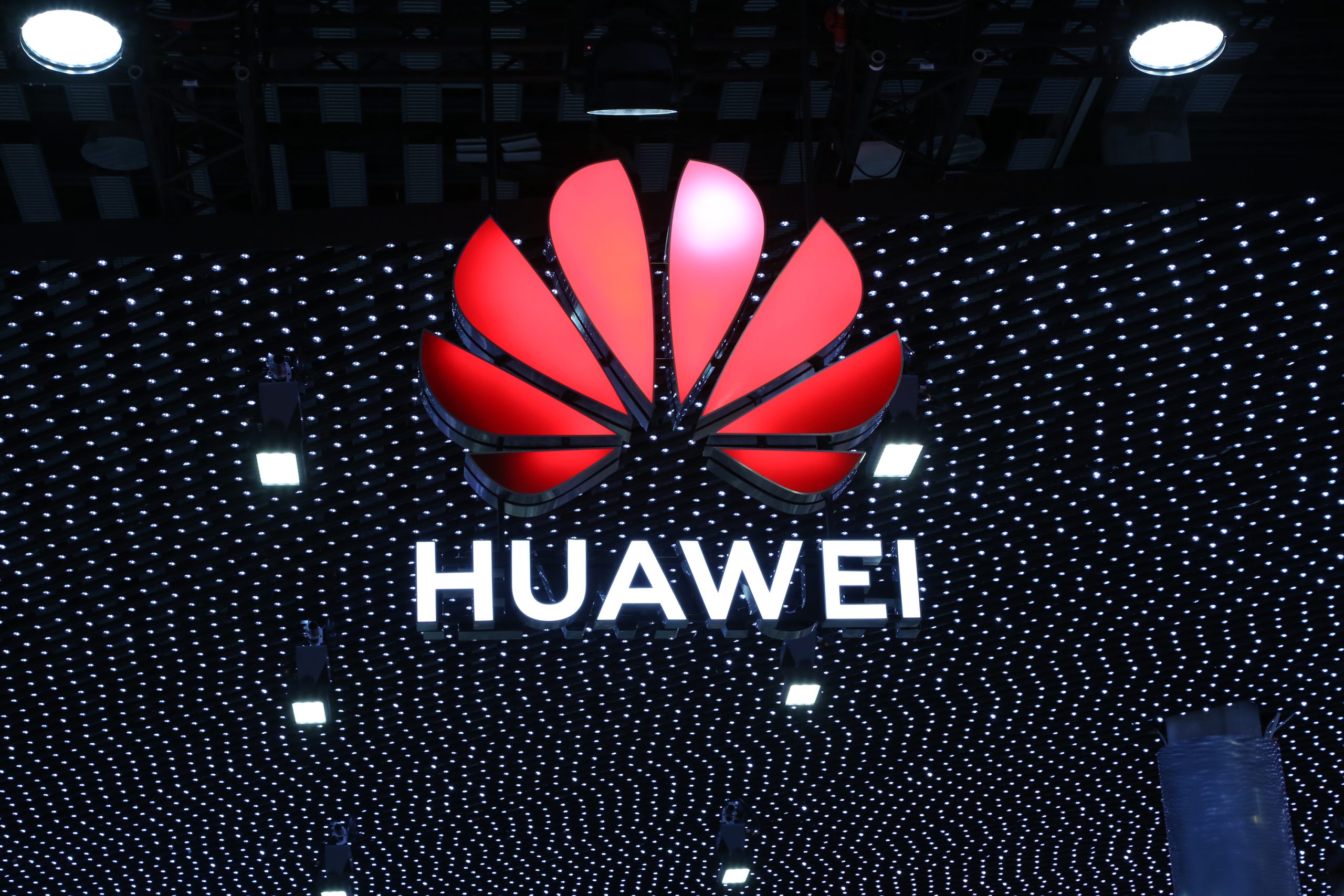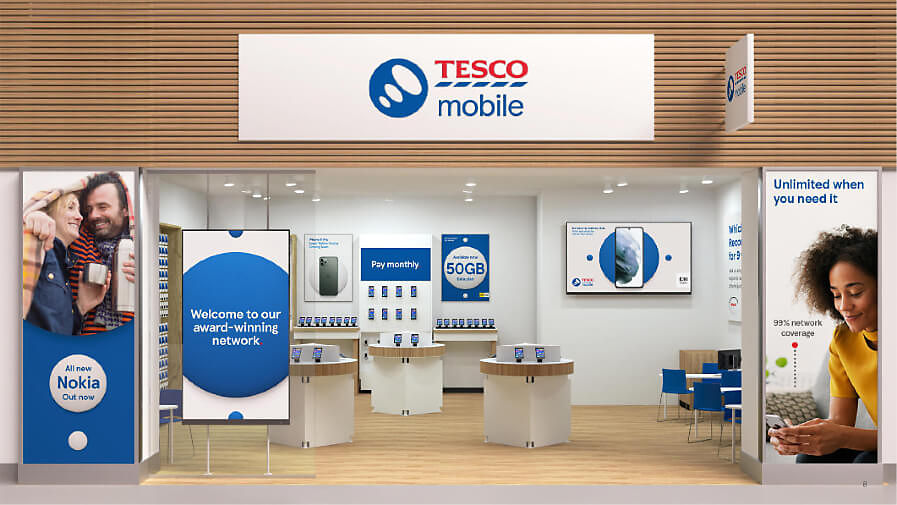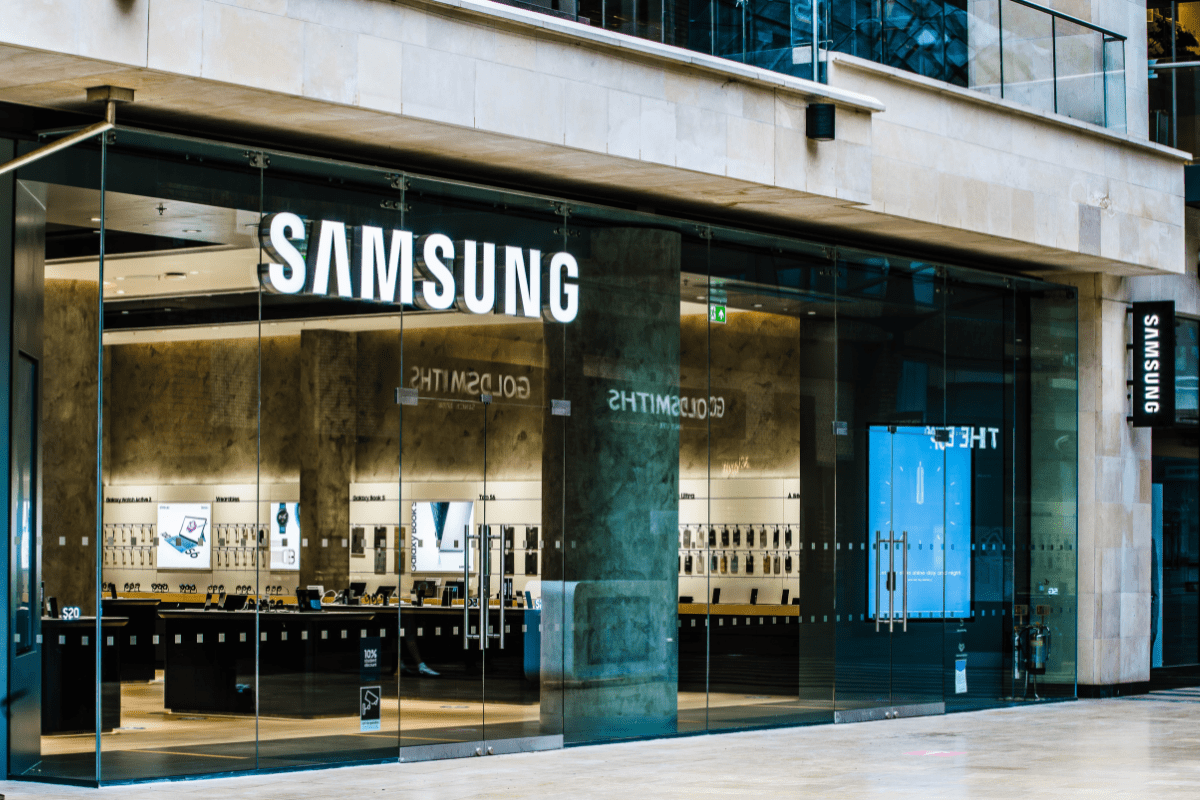3 Turns to Ad Blocking: The Industry Reacts
- Friday, February 19th, 2016
- Share this article:

Earlier today, 3 announced it would be the first European operator to deploy network-level ad blocking technology from Shine. Its just the latest development in the ongoing saga of mobile ad blocking, as publishers, advertisers, ad blockers and users all struggle to find a happy medium.
This latest move is important because its the realisation of a threat that was made last May, when Shine first announced it was working with a nameless selection of operators to block ads at the network level. At the time, it looked like a bargaining chip for operators unhappy with the amount of bandwidth consumed by mobile ads which earned them precisely no money.
With 3s statement specifying that advertisers should bear the cost of data consumed by their ads, this partnership looks set to stoke those flames again.
“I can see this getting very heated between the telcos, who got blown out of the water in the early days of mobile web, and the publishing and ad tech giants,” says Jon Hook, GM advertising at Phunware. “Its pure protectionism from the telcos, as they look at the billions of dollars flowing through the mobile app economy and decide they want a slice of it for themselves.”
“This is a cynical ploy by network carriers to get ad spend,” agrees Yasser Hussain, co-founder of Mapp Media. “Its interesting that this has occurred after the lack of advertising success of the carriers previous advertising efforts.”
As IAB UK COO Jon Mew points out, the details of exactly how 3 intends to filter ads, how users will opt in (or out) and when we can expect to see it are still rather vague. The operators statement implies it wont block all ads, and identifies non-relevant and intrusive ads as the problem, but how it will do this is still unclear. “Until we see the details about these plans, its hard to say that it all really means,” Mew says.
According to Johnny Ryan, head of ecosystem at ad block analytics firm PageFair, this lack of details might be because the announcement is simply a case of “kite flying” to gauge public reaction. In fact, the measures its suggesting might not even be possible, for two reasons.
Firstly, a new set of European rules coming into effect in all EU member states by the end of 2016, which will make it illegal for ISPs to block any type of content. The Telecommunications Single Market Regulation says: “providers of internet access shall treat all traffic equally, when providing internet access services, without discrimination, restriction or interference, and irrespective of the sender and receiver, the content accessed or distributed, the applications or services users or provided, or the terminal equipment used.”
“The recital, which explains the purpose of this regulation, says this is a general prohibition on blocking, slowing down, altering, restricting, interfering with, degrading or discriminating between specific content, applications or services, or specific categories thereof,” Ryan says. “What that means is that there will be network neutrality across the EU. No ISP will be allowed to deviate.”
The second legal obstacle is having to monitor traffic in order to identify ads. “3 might think that it can side step this prohibition by asking consumers to opt-in to blocking,” says Ryan. “But this raises a further legal problem. If it is using technology like deep packet inspection to monitors network traffic to distinguish ads from the rest of the content then this is also illegal.”
And if 3 is able to work out the kinks, theres still the question of whether it should.
“Who made telcos the guardians of consumer data, with the right to decide on the consumers behalf what they do and dont see?” asks Phunwares Hook. “Whos next? Are the financial services industry or airlines going to jump in and claim that they are also joining the fight to protect users from unwanted ads?”
According to Zapp360 UK MD Jon Mundy, though, the networks shouldnt simply be dismissed as the bad guys in these situations. “Its a response to the misuse and abuse of mobile data by some ad tech companies who insist on pushing heavy rich media and video autoplay ads that chew through big chunks of customers data allowances,” he says. “I completely agree that the cost of data for delivering mobile ads should be passed back to the advertiser, but this is just a first step – 3 will need to build more infrastructure to enable that.
“I dont think this poses a threat to mobile advertising. It should act as a wake-up call for mobile ad tech to have more respect for audiences and view them as customers, not just resources to be exploited.”
















